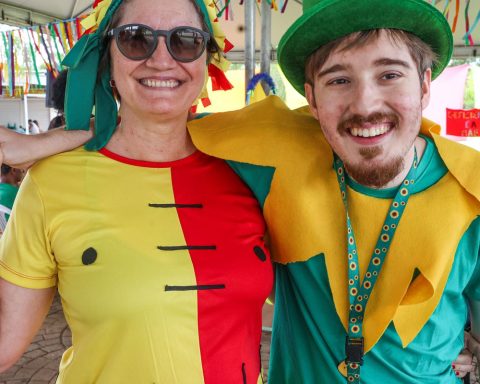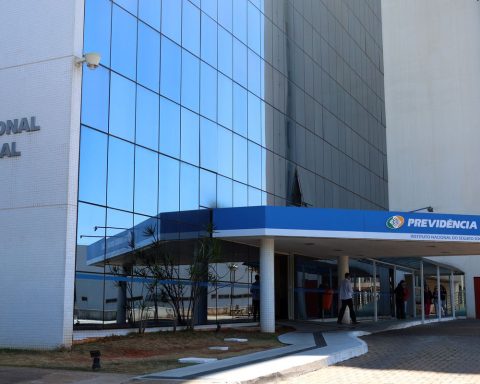An antiseptic hand cream is now available on the market, with the advantage of providing long-lasting protection against viruses and bacteria. Using technology developed by the Chemistry Institute of the University of São Paulo (IQ-USP), the product acts against viruses and bacteria for up to 4 hours and superbugs for up to 2 hours, while moisturizing the skin. The cream is different from 70% alcohol, which is limited to five minutes due to its volatility and because it causes dryness in the skin.
The efficacy tests were conducted by the Institute of Biomedical Sciences (ICB), also at USP, and showed that the cream was able to inactivate microorganisms that cause various diseases, such as influenza, measles, leptospirosis, gastroenteritis, urinary tract infections, hepatitis A, among others. Among the superbugs, the product inactivated four of those that were identified by infectious disease specialists at reference hospitals in São Paulo as those that most impact these environments.
According to Professor Edison Luiz Durigon, coordinator of the Clinical and Molecular Virology Laboratory at ICB-USP, where most of the analyses were carried out, the cream’s active ingredient is Phtalox, developed using nanotechnology from the natural dye phthalocyanine.
“It is activated when it comes into contact with cells, bacteria and viruses, causing a reaction similar to hydrogen peroxide, with bubbles, and it breaks down these cells, bacteria and viruses. It is a chemical product that has been used for a long time in Japan. They used to make masks and with the pandemic, professors here at the university modified this chemical substance, made a product with improved action and put it in masks,” he explained.
Based on the success of the masks and after distributing them on the market through a startup, the ICB, which is interested in innovative projects for society, thought about developing a similar product for use on hands as a replacement for alcohol gel.
“And then we tested Phitta Cream and it works very well, very efficiently, eliminating almost 100% of bacteria and viruses. It lasts up to 4 hours, as long as you don’t wash your hands and it isn’t removed in any way. It’s yet another scientific product from USP, contributing to society.”
Durigon emphasized its effectiveness, especially in preventing transmission through contact, and it can be used, for example, before getting on a bus or subway, because by touching surfaces that may be contaminated and touching your face, you may be contracting some bacteria or virus. “With the use of the cream, which is of very good quality and is not greasy, protection is prolonged. The idea is for this cream to act as a barrier by interrupting this contact.”
For now, the moisturizing antiseptic is only being sold online, but it will soon be available in a chain of pharmacies. The product is vegan, with the seal of approval from the Brazilian Vegetarian Society (SVB), and has packaging made from sugarcane polyethylene.
Uses
The professor explained that there are already studies underway by USP students for the use of the active ingredient Phtlox against the herpesvirus, after verifying its rapid action when used as an ointment.
Durigon stressed that the studies are at a very early stage, and it is not possible to predict when the drug will be available to the general public. At this time, the university is seeking financial support to continue the research. The substance is also being evaluated for use in diabetic patients, as it can speed up the healing time of wounds common to the disease.
“We are already testing this substance for therapeutic purposes, carrying out clinical trials with herpes and diabetes. The preliminary results have been very positive, showing that the substance can accelerate the healing time of wounds,” he said.

















